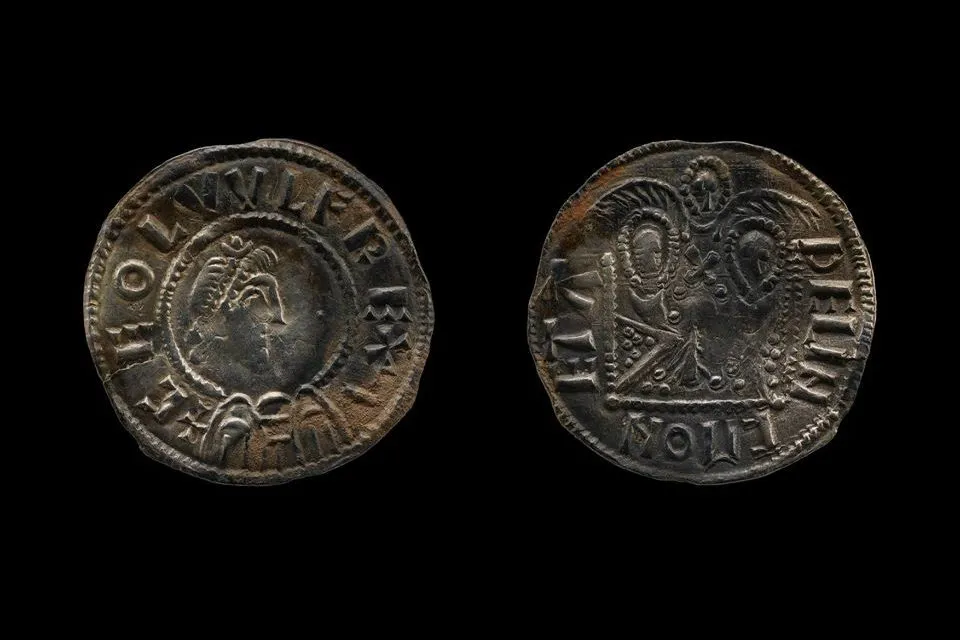The “finders-keepers” rule might work on the playground, but it won’t fly if you’re trying to hide buried treasure from the British authorities.

Three of four men have been sentenced to a combined 23 years in prison for their roles in finding, hiding and trying to sell a buried trove of Viking loot in the United Kingdom. The charges stem from the discovery of a 1,000-year-old treasure trove — thought to be worth at least £3-million ($5.14 million) — in rural Herefordshire, England.
The Viking hoard included silver ingots, gold coins and jewelry that could re-shape the history books, police said. However, the treasure-hunters who found it tried to keep it for themselves and sell it off piecemeal.

George Powell, 38, Layton Davies, 51, and Simon Wicks, 57, have been convicted of theft, conspiracy to conceal criminal property and conspiracy to convert criminal property. Powell was sentenced to 10 years in prison, Davies to 8.5 years and Wicks to 5 years, West Mercia Police said in a statement.
Paul Wells, 60, has also been convicted of conspiracy to conceal criminal property in connection with the case. He is due to be sentenced on Dec. 23.

Get daily National news
The charges were laid under the country’s Treasure Act, which requires people to report any major historical find within two weeks of its discovery. Treasure-hunters can be paid market value for their discoveries under the law.
Powell and Davies used metal detectors to find the buried Viking hoard in a farmer’s field in 2015. However, they didn’t report the find to the landowner or the authorities. Instead, they conspired with Wicks and a fourth man to hide their discovery and sell it off bit by bit, according to West Mercia Police.
Other members of the metal-detector community ultimately reported the find to authorities.
“You cheated the farmer, his mother, the landowner and also the public when you committed theft of these items,” Judge Nicholas Cartwright said at the sentencing hearing, according to The Guardian. He also accused the men of denying the public the opportunity to see their history.
“When treasure is found it belongs, from the moment of finding, to the nation,” Cartwright said.
The men would have stood to profit from their discovery if they’d reported it through the proper channels, Cartwright said. “But you wanted more,” he said.

Fellow metal-detector enthusiast Derek McLennan made a similar discovery in 2014, when he identified a trove of Viking treasure on land owned by the Church of Scotland. The National Museum of Scotland paid McLennan nearly £2 million for the items. The church sued McLennan earlier this year for a piece of the profits.
Police have recovered most of the jewelry and ingots that Davies and Powell found, but they’ve only recovered approximately 30 of the 300 coins found with the treasure trove.
Authorities are appealing to the public to come forward if they have one of the coins.






Comments